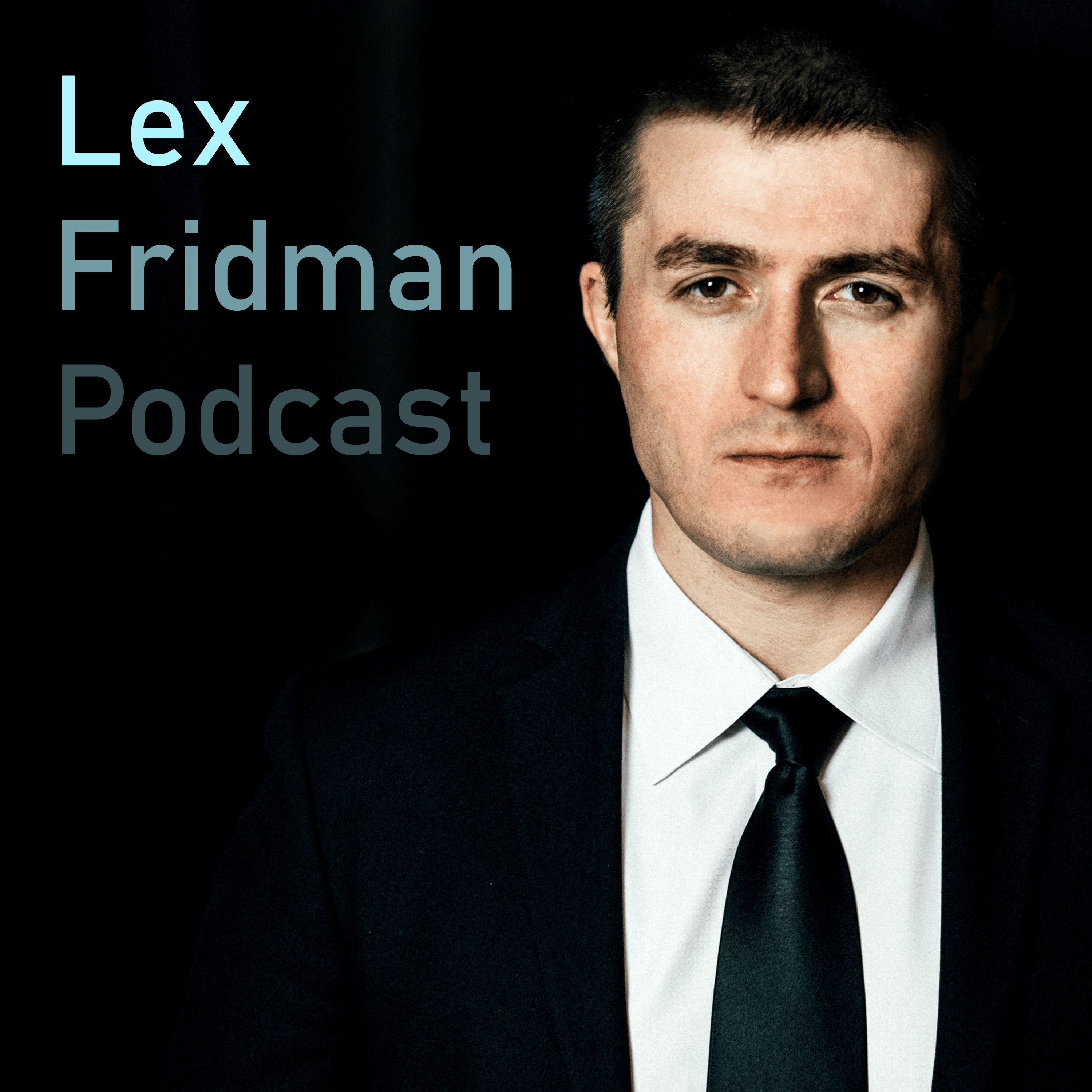
October 30, 2024 • 3hr 36min
#451 – Rick Spence: CIA, KGB, Illuminati, Secret Societies, Cults & Conspiracies
Lex Fridman Podcast

Key Takeaways
- Russian Intelligence Services have been consistently effective throughout history, from the Tsarist Okhrana to the modern SVR/FSB
- Intelligence agencies use the MICE framework for recruiting agents:
- Money - Financial incentives
- Ideology - True believers in a cause
- Coercion - Blackmail and pressure
- Ego - Psychological satisfaction from deception
- Secret societies and intelligence agencies share common characteristics:
- Selective membership and vetting
- Oaths of secrecy
- Compartmentalized information
- Special knowledge claims
- The most effective secret societies are likely the ones we don't know about - true power operates in secrecy
Introduction
Rick Spence is a historian specializing in intelligence agencies, espionage, secret societies, conspiracies, the occult, and military history. In this wide-ranging conversation, he shares insights from his extensive research into how power operates through both official and unofficial channels throughout history.
Topics Discussed
Russian Intelligence Services (9:04)
The Russian intelligence services, from the Tsarist Okhrana through the Soviet era to today's SVR/FSB, have shown remarkable consistency and effectiveness in their methods. Key aspects include:
- Infiltration of opposition groups through informants and agents provocateurs
- Psychological manipulation and control of assets
- Continuity of personnel across regime changes
Intelligence Agency Recruitment Methods (29:19)
Intelligence agencies use the MICE framework to recruit and control agents:
- Money - Financial incentives appeal to greed
- Ideology - True believers will betray for their cause
- Coercion - Blackmail and pressure through compromising information
- Ego - Psychological satisfaction from successful deception
CIA vs KGB Differences (38:53)
Key organizational differences between US and Soviet intelligence:
- KGB combined foreign intelligence and domestic security
- CIA/FBI split created rivalry and coordination challenges
- Cultural differences in operational methods and constraints
Mind Control Programs (45:29)
Discussion of CIA mind control experiments like MK-ULTRA:
- Goals included memory manipulation and behavioral control
- Used drugs, hypnosis, and other experimental methods
- Conducted without subject knowledge or consent
Jeffrey Epstein Case (52:23)
Analysis of the Epstein operation and potential intelligence connections:
- Collected compromising information on powerful people
- Possible intelligence agency involvement in exploitation of material
- Pattern similar to historical blackmail operations
Bohemian Grove (59:15)
Discussion of the elite retreat and its significance:
- Private club for wealthy and powerful men
- Ritualistic elements including the Cremation of Care ceremony
- Venue for informal political vetting and networking
Occultism and Power (1:11:09)
Examination of occult beliefs and practices in power structures:
- Ritual as tool for group cohesion and control
- Belief in hidden knowledge and special access
- Use of symbolism and ceremony for psychological effect
Nazi Party and Thule Society (1:22:20)
Analysis of occult influences on Nazi ideology:
- Thule Society as early Nazi ideological influence
- Mystical nationalism as counter to Marxism
- Role of Rudolf von Sebottendorf in connecting various elements
Protocols of the Elders of Zion (2:02:38)
Discussion of this influential anti-Semitic forgery:
- Origins in Russian anti-Semitic press around 1903
- Combined existing prejudices against Jews and Freemasons
- Continues to influence conspiracy theories today
Charles Manson (2:35:43)
Analysis of the Manson Family case:
- Possible intelligence connections through informant status
- Drug trade involvement and criminal enterprise
- Psychological control methods used on followers
Zodiac Killer (3:02:30)
Discussion of the unsolved Zodiac case:
- Pattern of couple targeting in most attacks
- Possible multiple perpetrators rather than single killer
- Occult elements in killer's communications
Illuminati (3:13:24)
Historical analysis of the original Illuminati:
- Founded in 1776 by Adam Weishaupt
- Goal of replacing existing religious and political systems
- Continued influence through mythology and imitation
Modern Secret Societies (3:20:48)
Discussion of contemporary secret societies:
- Bilderberg Group and similar elite networking organizations
- Overlap between various groups and membership
- Question of actual power centers versus visible organizations
Conclusion
The conversation reveals the complex interplay between official power structures like intelligence agencies and unofficial ones like secret societies. While many conspiracy theories may be unfounded, the historical record shows that power often operates through hidden channels and informal networks. The most effective secret organizations are likely those we know little or nothing about.
Rick Spence's research highlights how human psychology, particularly the desire for belonging and special knowledge, enables both legitimate and illegitimate power structures to function. Understanding these dynamics helps explain historical events and contemporary power relationships.